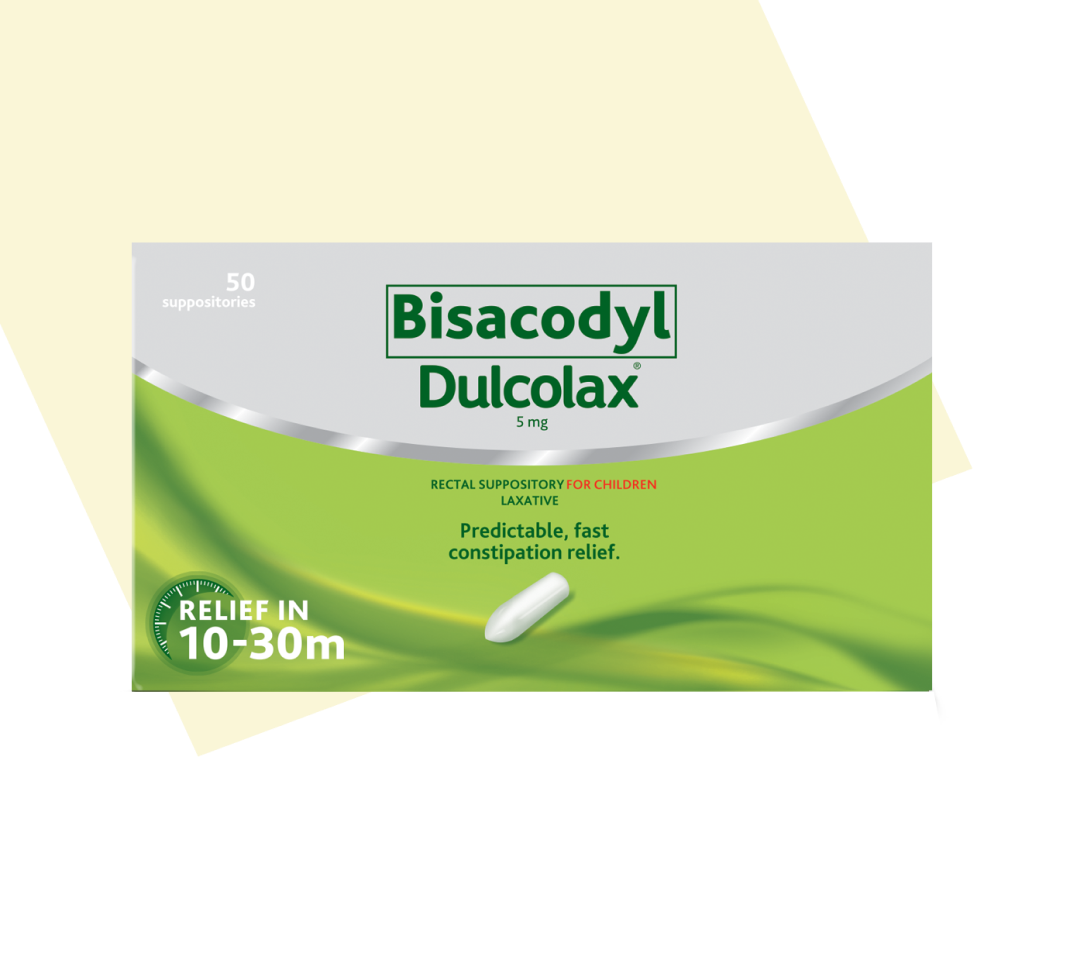What are typical constipation factors in your everyday life?
When you manage to realize why you’re experiencing constipation symptoms, you’ll be able to act on it. So, let’s see how your lifestyle can trigger constipation and discomfort in your body.
Inadequate diet
Nutrition has a direct impact on your transit and your ability to manage a peaceful routine. Not eating enough high-fiber foods like vegetables, fruits, and whole grains may cause you constipation. Eating a lot of high-fat meats, prepared food1, ddairy products and eggs, and other processed foods, rich desserts and sugary sweets may cause constipation.
Stressful periods
Stress is impacting our bodies in various ways, including triggering constipation. Whether you’re experiencing stress at work, fighting against deadlines or going through a tough personal period of time, it can all impact heavily on your digestive system. Factors like emotional stress may exacerbate the pain and have a constipating influence on the bowel habits2.
Lack of activity
Moving your body is important to keep things active inside, If not you can get constipated. It can get difficult to stay active when you’re taking care of your family, have an absorbing job, if you are stuck at home. Especially long periods in bed due to illness or following surgery may cause chronic constipation too.
How does your lifestyle impact your body and engage occasional constipation?
Constipation symptoms could be a sign that your body is lacking some elements to fully function. Here are the bodily impacts of an inadequate diet or lifestyle:
.webp)
A few tricks to move things along
There is no secret: to help yourself feel better, the first step is to change a few things in your daily life. But don’t worry! You don’t need to change your habits all at once; step by step, see how your body reacts to the few changes you make.
Frequently Asked Questions
When you start talking about constipation, the same questions often pop up.
-
Lifestyle factors such as stress and other psychological triggers may be responsible for the onset of constipation. Science has shown that stress disorders and constipation often occur together. Studies show a slower rate of motility (speed of transit of food) through the colon in patients who have anxiety (feeling of unease or worry). But it is not known if anxiety appears first and causes constipation or vice-versa. A theory put forward to explain the link between stress and constipation involves the enteric nervous system and gut-brain axis6.
This enteric nervous system (ENS) or ‘second brain’ describes the nerves lining the digestive tract. These nerves consisting of millions of neurons control the digestion of food. In states of stress and anxiety, disruption to the ENS-brain connection reduces motility (speed of transit of food) through the gastrointestinal tract, leading to constipation. This represents a malfunctioning of the ‘gut-brain axis’, which connects the gut to the brain7.
Disruptions in these systems of the gut-brain axis are thought to occur in stress and anxiety. For example, anxiety may act to restrict the function of smooth muscle to cause constipation. Alternatively, stresses not coped well with may be ‘internalized’ and lead to changes in gut-brain signalling. These examples show how stress and anxiety reduce the speed of transit of food through the digestive system, and cause constipation. Problems with the gut-brain axis may also be linked with irritable bowel syndrome8.
-
Brown rice is generally considered a good source of dietary fiber, which can aid in digestion and help prevent constipation. However, if consumed in excessive amounts or if a person’s overall diet is low in other fluids and soluble fiber alone, it may contribute to constipation.
Here are a few reasons why brown rice might cause constipation for some individuals:
-
Low Fluid Intake: Eating high-fiber foods like brown rice without adequate hydration can lead to constipation, as fiber needs water to help it move through the digestive system.
-
Individual Sensitivity: Some people may have a sensitivity to certain types of fiber found in brown rice, which could potentially lead to digestive issues, including constipation.
-
Dietary Balance: If brown rice is consumed in place of other fiber-rich foods like fruits and vegetables, the overall fiber intake may not be sufficient to promote healthy digestion.
If you're experiencing constipation and suspect it may be related to your diet, it can be helpful to evaluate your overall dietary fiber intake, and fluid consumption and consult with a healthcare provider for personalized advice.
-
Dulcolax® range of solutions
Dulcolax® products help your digestive system get moving, with different reliefs available: overnight relief and fast relief so you can feel good inside and out!
Stay informed
Constipation symptoms such as bloatedness, gassiness and hard dry stool can be extremely bothersome and persistent. Because we know how frustrating and stressful these periods can be, we can help identify the causes for constipation and how to prevent it.
- Basilisco G, Coletta M. Chronic constipation: a critical review. Dig Liver Dis. 2013 Nov;45(11):886-93.
- Soares RL. Irritable bowel syndrome: a clinical review. World J Gastroenterol. 2014 Sep 14;20(34):12144-60. http://dx.doi.org/10.3748/wjg.v20.i34.12144
- MayoClinic 2019 https://www.mayoclinic.org/diseases-conditions/constipation/symptoms-causes/syc-20354253
- U.S. Department of Health and Human Services National Institutes of Health (NIH) – National Institute of Diabetes and Digestive and Kidney Diseases (NIDDK). Constipation. 2018 https://www.niddk.nih.gov/health-information/digestive-diseases/constipation/eating-diet-nutrition
- ODPHP (U.S. Department of Health and Human Services. Office of disease prevention and health promotion). Health Care Providers: Talk to your patients about physical activity, 2018 https://health.gov/sites/default/files/2021-02/PAG_MYW_FactSheet_HCP_508c.pdfhttps://health.gov/sites/default/files/2021-02/PAG_MYW_FactSheet_HCP_508c.pdf
- Jessurun JG, van Harten PN, Egberts TC, Pijl YJ, Wilting I, Tenback DE. The Relation between Psychiatric Diagnoses and Constipation in Hospitalized Patients: A Cross-Sectional Study. Psychiatry J. 2016;2016:2459693.
- Mindsethealth - Anxiety and Constipation - Can Stress Cause Constipation? 2019 https://www.mindsethealth.com/matter/anxiety-and-constipation
- Furness JB. The enteric nervous system and neurogastroenterology. Nat Rev Gastroenterol Hepatol. 2012 Mar 6;9(5):286-94. http://www.uzhelth.org/docs/second-student-mobility/furness%202012.pdf





